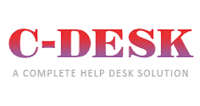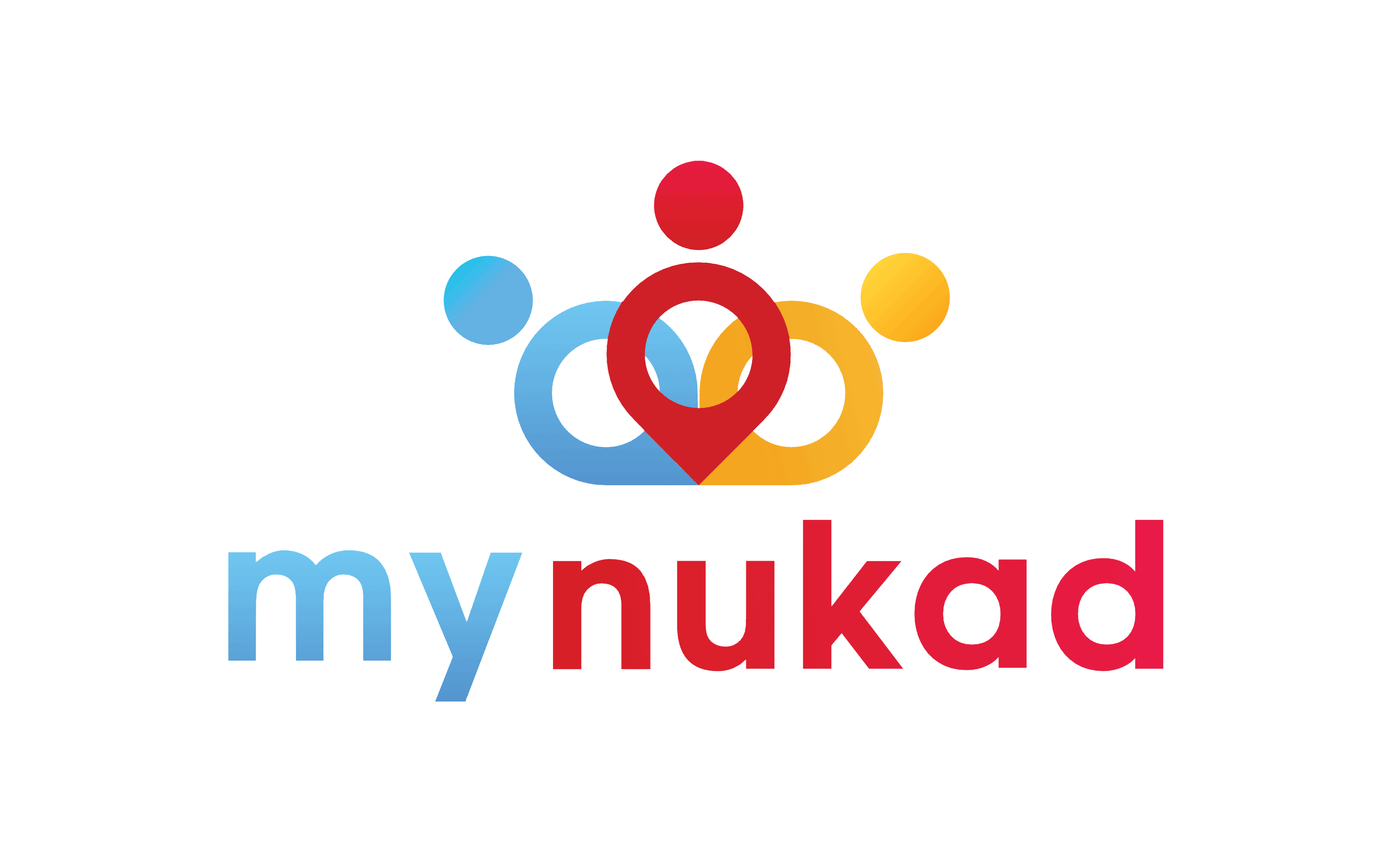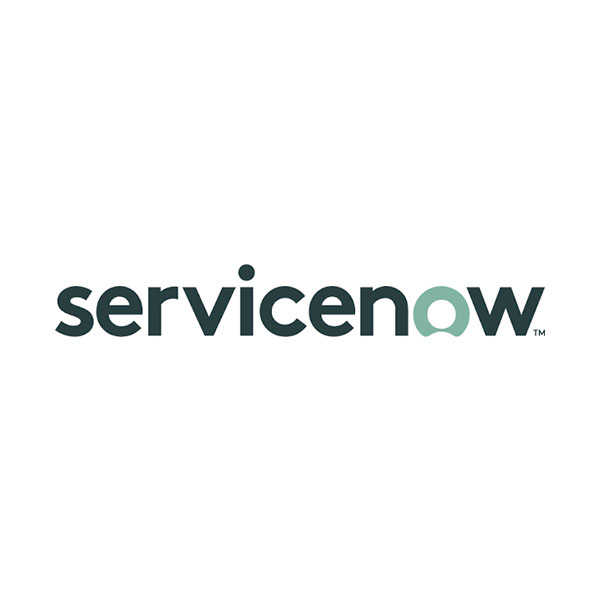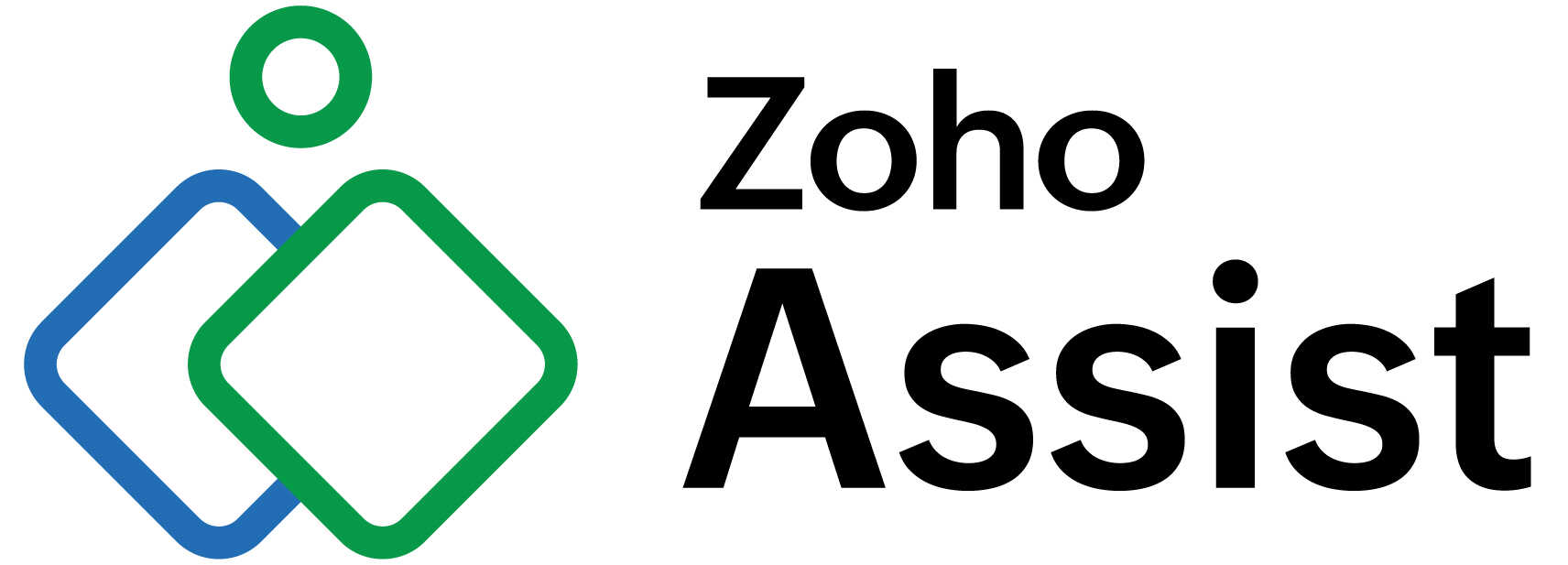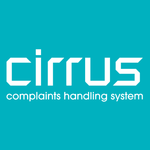What Is Complaint Management System?
A Complaint Management System, also known as a client Complaint Management System, is a software solution that enables organizations to properly address and resolve client complaints. It streamlines the process of receiving, tracking, and responding to consumer complaints, ensuring that each issue is addressed and remedied in a timely manner.
This powerful solution enables organizations to simply gather, categorize, and analyze consumer complaints, yielding important insights into common concerns and opportunities for development. Businesses that track customer complaints can detect reoccurring issues and take appropriate measures to avoid future complaints. Complaint Management Systems also allow organizations to personalize their responses to each complaint, which increases customer satisfaction and loyalty.
Businesses can use built-in monitoring and tracking options to monitor complaint resolution times and customer satisfaction levels, allowing them to continually improve their customer service procedures. Additionally, Complaint Management Systems provide a centralized platform for tracking all forms of consumer contacts, such as emails, phone calls, and internet reviews.
This provides businesses with a holistic perspective of their customer interactions, ensuring consistent and effective complaint response across all touchpoints. Investing in a strong Complaint Management System can provide numerous advantages for organizations, including higher customer satisfaction, brand loyalty, and reputation.
It also assists organizations in remaining compliant with industry standards and laws by giving clear documentation of fast and effective complaint handling. When choosing a Complaint Management System for your company, look for features like configurable workflows, automated notification for complaint management, and connectivity with other business systems. Finally, a Complaint Management System can be an effective tool for dealing with client issues and developing good relationships with them.
What Are The Recent Trends In Complaint Management System?
Recent advancements in complaint management systems have been primarily influenced by enhanced technology and shifting consumer expectations. As businesses strive to provide smooth and individualized customer service, complaint management solutions have evolved to fulfill these needs. When shopping for a complaint management system, consider these essential trends:
1. Omnichannel Communication: With the rise of social media and other digital channels, customers want to be able to interact with organizations across several platforms. This has resulted in the rise of omnichannel complaint management systems, which enable organizations to receive and respond to complaints over numerous channels such as phone, email, social media, and live chat.
2. AI-Powered Solutions: Artificial intelligence (AI) has transformed how organizations manage complaints. AI-enabled complaint management solutions may evaluate customer comments in real time, discover patterns, and provide predictive insights to help resolve issues before they worsen. Furthermore, AI chatbots may address trivial complaints, freeing up human agents to work on more difficult problems.
3. Self-Service Options: Another trend in complaint management systems is an emphasis on self-service features. Customers prefer to solve their difficulties on their own rather than waiting for a representative to help them. As a result, many complaint management systems now include self-service portals where users may track their complaints and get answers to common questions.
4. CRM integration: As complaint management becomes an essential component of customer relationship management (CRM), many solutions now provide seamless interaction with CRM platforms. This enables firms to have a comprehensive view of client interactions, resulting in greater customer connections.
5. Real-Time Analytics: Businesses now rely on the capacity to track and evaluate complaints in real time. Complaint management solutions increasingly include extensive analytics and reporting tools that provide information about consumer behavior, trends, and satisfaction levels. This information can help organizations identify and resolve the fundamental reasons of complaints, resulting in a better customer experience.
Benefits Of Using Complaint Management System
A complaint management system is a software designed to streamline and improve the process of handling customer complaints. It allows businesses to effectively manage and resolve customer dissatisfaction, leading to improved customer satisfaction and loyalty. In this buyer's guide, we will explore the various benefits of using a complaint management system and how it can benefit your business.
1. Centralized Complaint Management: One of the greatest benefits of using a complaint management system is the ability to centralize all customer complaints in one place. It eliminates the need for manual tracking of complaints, which can often lead to errors and delays. With a centralized system, businesses can easily access and respond to complaints, ensuring a timely resolution.
2. Improved Efficiency And Productivity: A complaint management system automates the process of logging and tracking complaints, thereby increasing efficiency and productivity. It eliminates the need for manual tasks, allowing employees to focus on more critical tasks and improving overall efficiency. This, in turn, leads to faster complaint resolution and ultimately, increased customer satisfaction.
3. Enhanced Customer Experience: In today's competitive market, providing an exceptional customer experience is crucial for success. A complaint management system helps businesses achieve this by ensuring prompt and effective resolution of customer complaints. This not only improves customer satisfaction but also builds trust and loyalty towards the brand.
4. Real-Time Reporting And Analytics: With a complaint management system, businesses can gain valuable insights into their customer service performance. Real-time reporting and analytics provide detailed data on the types of complaints and their resolutions, allowing businesses to identify recurring issues and make necessary improvements. This also helps in predicting and preventing future complaints.
5. Better Reputation And Brand Image: Unresolved complaints can damage a business's reputation and brand image. By using a complaint management system, businesses can efficiently handle and address customer complaints, leading to a better overall brand image. It shows customers that their concerns are taken seriously, and the business is committed to providing excellent customer service.
Important Factors To Consider While Purchasing Complaint Management System?
When it comes to selecting the right Complaint Management System (CMS) for your business, there are a few key factors that you should consider to ensure that you are making the best decision. These factors include the features of the system, its user-friendliness, customization options, customer support, and pricing.
1. Features: The first and most crucial factor to consider when purchasing a CMS is the features it offers. A good CMS should have the ability to effectively manage and track complaints, integrate with other systems, perform data analysis, and generate reports. Make sure to evaluate your business needs and choose a CMS that has the necessary features to meet them.
2. User-Friendliness: A user-friendly CMS can save you time, money, and frustration in the long run. Look for a system that has a simple and intuitive interface, easy navigation, and customizable dashboards so that you can easily monitor and handle complaints. It should also have a comprehensive search function to quickly retrieve and access complaint records.
3. Customization Options: Each business has its unique processes and requirements, so it is essential to choose a CMS that offers customization options. This allows you to tailor the system to match your specific needs and workflows, making it more efficient and effective in managing complaints. Some key customization features to look for include customizable forms, workflows, and templates.
4. Customer Support: It is crucial to have reliable and responsive customer support when using any software. Look for a CMS provider that offers 24/7 technical support and has a dedicated team to answer your queries and resolve any issues that may arise. Reading customer reviews and testimonials can also give you an idea of the level of support the provider offers.
5. Pricing: When it comes to pricing, it is essential to consider not only the initial cost but also the long-term expenses. Some CMS providers may offer a lower upfront cost but charge for additional features or per user, which can add up in the long run. It is best to inquire about the pricing structure and compare it with other options to ensure you are getting the best value for your money. a
What Are The Key Features To Look For In Complaint Management System?
When contemplating acquiring a Complaint Management System, there are numerous crucial aspects to look for to ensure that you are making an informed decision. These vital factors will assist you in efficiently managing and resolving customer complaints, resulting in increased customer satisfaction and retention.
1. Simple User Interface: The first thing to look for in a Complaint Management System is an easy and straightforward interface. This ensures that your team can quickly learn and use the system, saving time and increasing production.
2. Multi-Channel Support: In today's digital environment, customers want to be able to raise concerns via many channels, including email, social media, and live chat. Look for a solution that has multi-channel capability to effectively address complaints from many sources.
3. Customizable Workflows: Each firm has its own set of complaint management methods. A good Complaint Management System will allow you to customize procedures to meet your specific requirements while ensuring that complaints are handled consistently and effectively.
4. Automated Routing And Assignment: To make the complaint resolution process more efficient, the system should be able to automatically route and assign complaints to the relevant team members based on their expertise and workload.
5. Tracking And Reporting Capabilities: The ability to collect and report on complaint data is critical for identifying patterns and areas for improvement. Look for a system with powerful reporting capabilities that include configurable analytics and dashboards.
6. Integration With Other Systems: A complaint management system must be able to integrate with other systems, such as CRM and helpdesk software, in order to give a consistent customer experience.
7. Collaboration And Communication Tools: Effective team collaboration and communication are critical components of complaint resolution. Look for a system with features like internal messaging and task assignment.
8. Mobile Accessibility: As remote work becomes more common, having a Complaint Management System that is mobile accessible is vital. This allows your team to stay connected and handle issues even when they are not in the office. Finally, when looking for the best Complaint Management System for your organization, make sure to consider these crucial characteristics. They will help you expedite your complaint resolution process, increase client happiness, and ultimately promote business growth.
Why Do Businesses Need Complaint Management System?
Businesses require a complaint management system to address client concerns in an efficient and effective manner. This solution enables organizations to expedite their complaint process and improve customer service, resulting in higher customer satisfaction, loyalty, and retention. A well-designed complaint management system can also assist firms in identifying and rapidly addressing reoccurring concerns, hence increasing overall product or service quality.
One of the primary advantages of a complaint management system is that it centralizes the complaint process, allowing businesses to easily track and monitor client feedback. This enables them to spot patterns and trends in complaints, which can provide useful information for improving products, services, and procedures. Furthermore, a complaint management system can help firms respond to issues in a timely and personalized manner.
Businesses that check the progress of each complaint may ensure that no issues slip through the cracks and that every customer receives the attention they deserve. This can significantly improve the entire customer experience while also preserving a positive brand image. Furthermore, a complaint management system can help organizations comply with rules and industry standards.
Businesses that record and document all complaints and resolutions can simply retrieve this information if needed for audits or legal proceedings. Finally, investing in a complaint management system displays a dedication to client satisfaction and projects a positive image of the company. Customers are more inclined to trust and suggest a business that takes complaints seriously and responds quickly.
How Much Time Is Required To Implement Complaint Management System?
The time necessary to implement a Complaint Management System (CMS) will depend on your organization's individual demands and specifications. In general, a CMS may be up and running in a few weeks, but the specific schedule will vary depending on your organization's size, the complexity of your complaint processes, and the availability of staff.
In most circumstances, the implementation process can be divided into three stages: planning, customisation, and training. During the planning step, you should clearly describe your CMS aims and objectives, as well as identify any potential issues or barriers. This will facilitate a seamless and successful implementation.
The customization stage entails customizing the CMS to match the specific demands of your firm. This may include establishing workflows, assigning user roles and rights, and integrating the system with existing software or databases. Training is an important part of establishing a CMS since it ensures that your team members are knowledgeable and comfortable using the system.
This could include offering hands-on training, online courses, or documentation. It is also critical to factor in any potential disruptions or downtime throughout the implementation process. This may need arranging the deployment during off-peak hours or having a backup plan in case of unexpected problems.
What Is The Level Of Customization Available In Complaint Management System?
Complaint management solutions are intended to assist organizations successfully handle and resolve consumer concerns. One key factor to consider when selecting a system is the level of customization available. The extent of customization available in a complaint management system varies depending on the platform, but most systems include a variety of customization choices to match the individual demands of each business.
At the most basic level, organizations can usually tailor the branding and style of their complaint system to match their company's logo. This involves personalizing colors, logos, and other visual aspects to ensure a consistent and seamless consumer experience. Beyond aesthetics, complaint management solutions include configurable routines and processes.
This enables firms to customize the system to meet their own complaint management methods and internal processes. This includes automating answers and escalations, creating custom categories and tags to organize complaints, and specifying user rights and roles. In addition, many complaint management systems allow you to construct custom fields and forms to collect specific information from customers during the complaint submission process.
This enables firms to acquire the data required to effectively address and analyze concerns. Some advanced complaint management solutions include API connectors and specific reporting options. This enables organizations to combine their complaint system with other tools and systems, as well as create customized reports for tracking and analyzing complaint data.
Which Industries Can Benefit The Most From Complaint Management System?
Implementing a Complaint Management System can tremendously help all industries. This useful tool enables businesses to manage client complaints more quickly and efficiently, resulting in increased customer satisfaction and loyalty. However, certain industries can profit the most from implementing a Complaint Management System.
1. Retail and E-commerce: Retail and e-commerce businesses frequently deal with a high volume of consumers and transactions, making it difficult to track and address complaints. A issue Management System streamlines the process by centralizing all complaints and automating the workflow, ensuring that each issue is answered promptly and thoroughly.
2. Healthcare: In the healthcare industry, patient happiness is essential. A Complaint Management System enables healthcare providers to promptly address and resolve patient issues, resulting in increased patient satisfaction and trust. It also helps healthcare firms comply with industry regulations and standards.
3. Hotel: In the hotel industry, the guest experience is paramount. A Complaint Management System allows hotels and resorts to track guest concerns and resolve them proactively to ensure a great experience. It also aids in identifying patterns and areas for improvement, which leads to higher overall service quality.
4. Banking And Finance: Customer complaints in the banking and finance business can result in serious consequences, such as regulatory fines and a tarnished reputation. A Complaint Management System enables financial institutions to respond to complaints in a timely and effective manner, minimizing potential penalties and maintaining consumer trust.
5. Manufacturing: Manufacturers frequently receive complaints about product problems or delivery delays. A Complaint Management System enables businesses to track and handle complaints, detect reoccurring issues, and implement remedial steps to improve overall product quality and customer happiness.
Conclusion
To summarize, investing in a complaint management system is a critical step for any company trying to improve customer service and preserve a good reputation. Companies that deploy an efficient complaint management system can speed their process for handling customer complaints, collect critical data and insights, and ultimately improve customer satisfaction.
When choosing a complaint management system, you should evaluate your company's specific needs and goals. Budget, features, and compatibility are all important considerations before making a decision. Some important characteristics to look for in a complaint management system are a user-friendly interface, flexible processes, automatic case routing, and real-time reporting.
It is also beneficial to select a system that integrates with other tools and platforms, such as CRM software, in order to streamline procedures and increase productivity. Businesses that properly research and carefully select a complaint management system can efficiently address customer issues, improve the entire customer experience, and ultimately drive success and growth. Remember to constantly check and update your system to keep it current and successful in fulfilling the changing needs of your customers and business.



